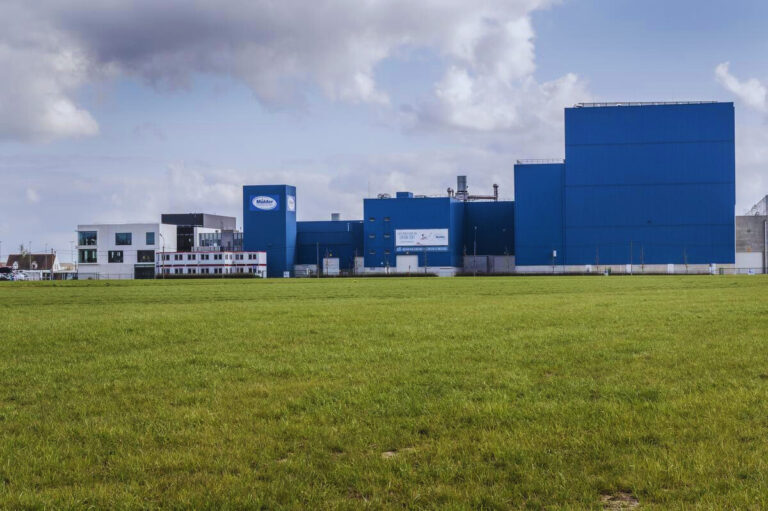
The Future Of Renewable Energy: Hydrogen Gas
What is Hydrogen Gas?
Hydrogen gas, chemically referred to as H2, is the lightest element in the periodic table. It consists of two hydrogen atoms and has a high energy density. In its pure form, hydrogen gas is colorless, odorless and non-toxic, making it safe for use in various applications.
Advantages of Hydrogen Gas
Clean Energy
One of the main advantages of hydrogen gas is that it produces only water vapor when burned, with no harmful emissions of carbon dioxide (CO2) or other pollutants. This makes hydrogen gas an attractive option for reducing air pollution and combating climate change.
High Energy Density
Hydrogen gas has an impressive energy density, meaning it can store a lot of energy in a relatively small amount. This makes it ideal for use in fuel cells and as an energy source for vehicles.
Versatile Applications
Hydrogen gas can be used in a variety of sectors, including transportation, energy storage, industry and even as a fuel for spacecraft. It has the potential to replace traditional fossil fuels in many of these applications.
Applications of Hydrogen Gas
Hydrogen fuel cell vehicles
Hydrogen fuel cell vehicles, such as hydrogen cars and buses, use hydrogen gas to generate electricity through chemical reactions in fuel cells. These vehicles have no harmful emissions and offer range and refueling time comparable to conventional internal combustion engine vehicles.
Energy storage
Hydrogen gas can be used for energy storage, converting excess electricity to hydrogen and later converting it back to electricity when needed. This contributes to grid stability, especially when using renewable energy sources.
Industrial Processes
Industry uses hydrogen gas as a feedstock for chemical production and as an energy source in industrial processes, such as refining and steel production.
Challenges and future prospects
Although hydrogen gas has great potential as a clean energy carrier, there are still some challenges to overcome. Currently, the production of hydrogen gas often relies on fossil fuels, which calls into question its sustainability. However, methods for green hydrogen production using renewable energy sources are under development.
There are also infrastructure challenges, such as building hydrogen fueling stations and pipelines to transport hydrogen gas. However, these challenges are being addressed step by step.
In conclusion, hydrogen gas is a promising player in the transition to renewable energy. With its clean properties and diverse applications, it has the potential to play a crucial role in global efforts to combat climate change and reduce dependence on fossil fuels.
For more information about hydrogen gas and the latest developments in this field, keep following our blog. Together, we can shape the future of renewable energy with hydrogen gas as one of the key technologies.




